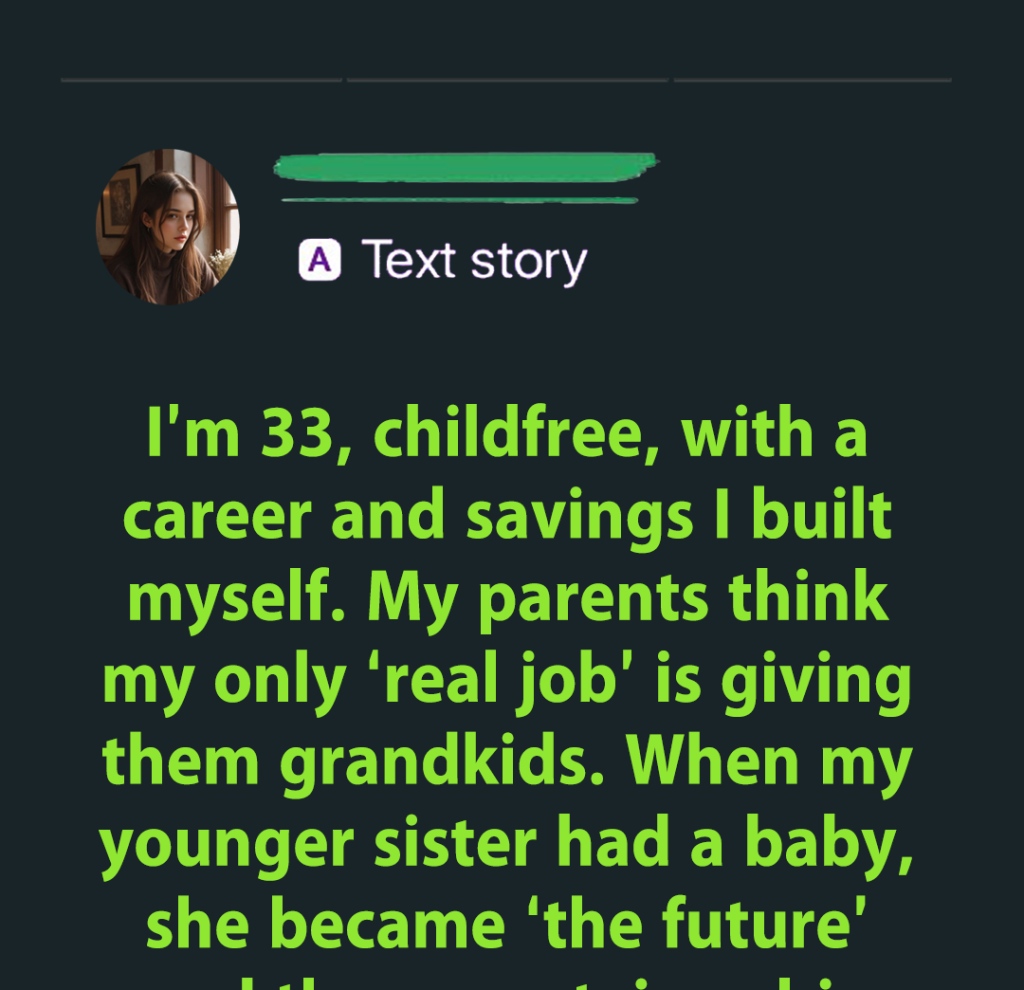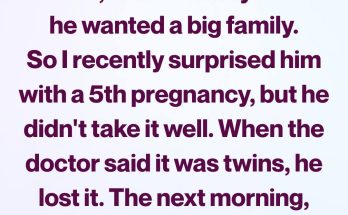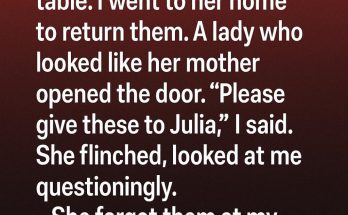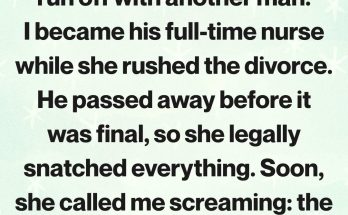
Growing up, my parents always said the family house would be mine one day. I was the oldest, the one who helped them fix leaky roofs, mow lawns, and keep the place in shape. My younger sister, Emily, was the golden child—the one who could do no wrong. When I told my parents I didn’t want kids, they nodded politely, but I noticed a shift.
Years later, when my dad passed and the will was read, I got the shock of my life: the house, the savings, everything had been left to Emily. Their reasoning? “She has children, and you don’t. She needs it more.” I sat there stunned. All the promises, all the years of sweat equity I’d put into maintaining their home—gone in a blink.
Emily tried to play it off, saying, “You don’t really need it anyway. You’re free, you travel, you have no responsibilities.” That was the moment something inside me snapped. I may not have children, but I wasn’t helpless. I dug through old records, emails, and even Dad’s journals. And guess what? I found a legally binding contract where he had written years earlier that the house would be mine in exchange for all the maintenance work I had done.
I hired a lawyer. The fight was ugly—Emily cried in court, painting me as selfish, while my mom sat stone-faced. But the judge ruled in my favor. That contract was valid, and the house was rightfully mine. Emily was furious, accusing me of “stealing from her kids.” But I reminded her: “I didn’t steal anything. I simply took back what was promised.”
Now I live in the house, not out of spite but because it feels like my rightful place. My parents may have tried to punish me for choosing a different life, but in the end, I stood up for myself. And honestly? The sweetest part wasn’t the inheritance—it was proving that being child-free doesn’t make me less deserving of respect or fairness.


